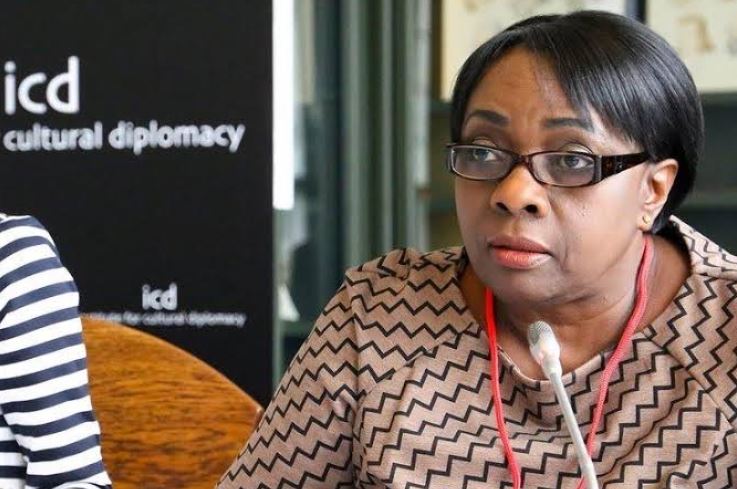The International Court of Justice (ICJ) on Friday delivered an order on South Africa’s genocide case against Israel in The Hague, Netherlands.
On 11 January and 12 January at the International Court of Justice (ICJ), the judicial body of the United Nations, in The Hague, South Africa seized the ICJ, to ask it to rule on possible acts of genocide in the Gaza Strip by Israel.
Sebutinde voted against all measures ordered by the court, including that Israel should report within a month on its efforts to prevent genocide, and that Israel must make sure the people of Gaza have basic services.
The overwhelming majority of the bench approved emergency measures.
The panel was led by American Joan Donoghue, the ICJ president, and her Russian vice president, Kirill Gevorgian.
Ugandan government has distanced itself from the voting by Ugandan judge Julia Sebutinde on the preliminary measures in South Africa’s case against Israel.
They had a diverse bench of justices from 13 different nations, including Slovakia, France, Morocco, Somalia, China, Uganda, India, Jamaica, Lebanon, Japan, Germany, Australia, and Brazil.
In a post on X (formerly Twitter), Adonia Ayebare, who is the Ambassador and Permanent Representative of Uganda to the United Nations, said, “Justice Sebutinde’s ruling at the International Court of Justice does not represent the Government of Uganda’s position on the situation in Palestine.”
Ayebare also gave an example of when Sebutinde went against Uganda.
“She has previously voted against Uganda’s case on the Democratic Republic of Congo (DRC),” he said.
Ayebare said Kampala’s position “has been expressed through Uganda’s voting pattern at the United Nations.”
In October last year, President Yoweri Museveni said the Gaza conflict was “regrettable” and suggested a two-state solution.
Ugandan judge
A British-trained Ugandan judge, Sebutinde is the first African woman to serve on the International Court of Justice.
She is in her second term after being re-elected in 2021 and has been a member of the court since 2012.
She also served as a Judge of the Special Court for Sierra Leone from 2005 to 2011, where she presided over several high-profile war crimes and corruption prosecutions.




















